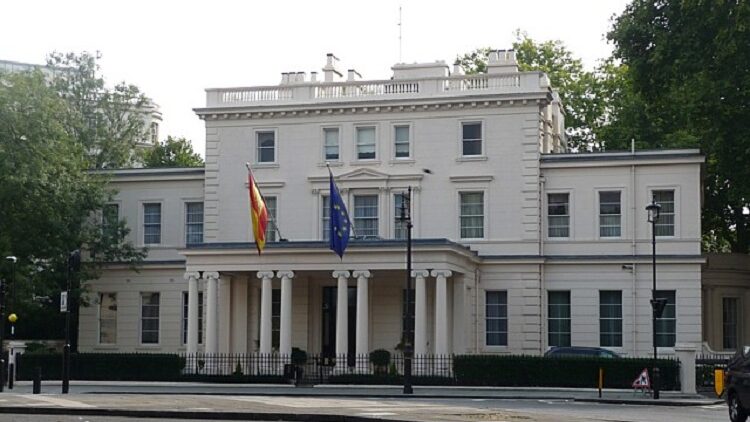The Diplomat
The second vice-president and leader of Sumar, Yolanda Díaz, offered former Equality Minister Irene Montero to be ambassador to Chile, in order to give her a “political outlet”. The announcement of the offer of the ambassadorship by the PSOE-Sumar coalition government was announced yesterday by the secretary general of Podemos, Ione Belarra.
Belarra, who was taking part in the presentation of Montero as head of the list of Podemos candidates for the next European elections, did not specify from whom the offer of “a nice thing” came, as she said. She did point out that she had been offered the post of ambassador, and that the aim was to give her a “political outlet” so that “she would stop causing problems”.
Afterwards, sources from the ‘purple’ party said that the offer came from Yolanda Díaz and that the embassy would be in Chile, a country with which Montero has good relations because she spent two periods there to study and because the government, presided over by Gabriel Boric, is very much in tune with Podemos’ views. In fact, both Yolanda Díaz and Irene Montero accompanied the King to Santiago de Chile for Boric’s inauguration in March 2022.
If Montero had accepted the proposal, the government would have dismissed the current ambassador, Rafael Garranzo, who has been in the post for less than two and a half years, and who has a long diplomatic career, which began in 1985 and in which he has been, among other things, director general for Ibero-America and ambassador to Nicaragua.
The appointment of ambassadors who do not belong to the diplomatic career has been practised to a greater or lesser extent by other governments, especially that of José Luis Rodríguez Zapatero, and has been consolidated during the mandate of Pedro Sánchez, who currently has four former ministers at the head of as many embassies: United Nations, Unesco, OAS and Holy See, in addition to two other ‘political’ ambassadors in Cuba and the OECD. This drift has been criticised by the Association of Spanish Diplomats (ADE) and normally causes unease among members of the diplomatic corps.







